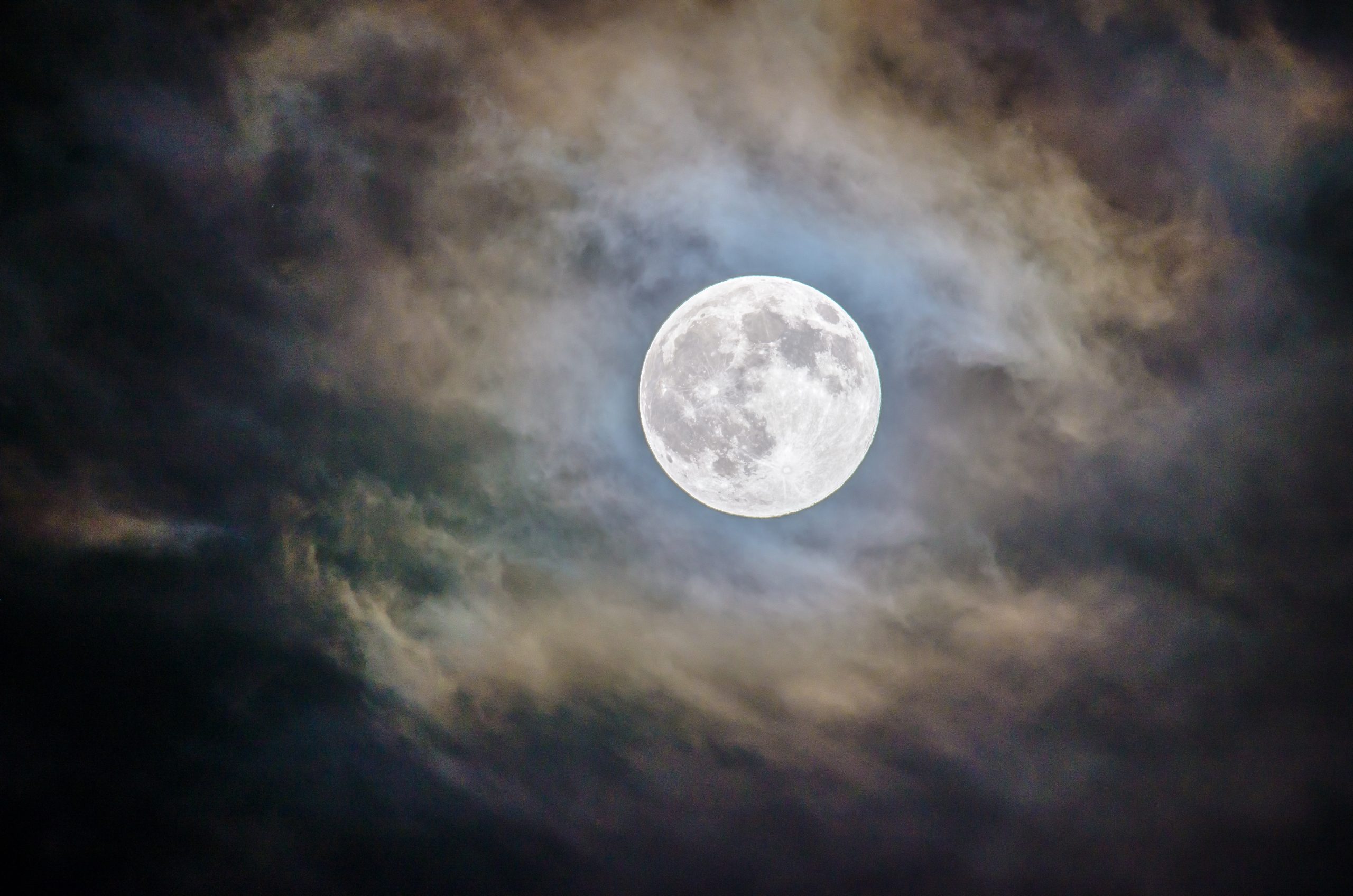Celtic Family Traditions: An In-depth Look into Ancient Irish and Scottish Customs
When we think of Celtic traditions, we often imagine lush green landscapes, mystical folklore, and vibrant celebrations. For centuries, the Celtic people of Ireland and Scotland have held onto their unique cultural practices, passing them down through generations. In this blog post, we’ll delve into the rich tapestry of Celtic family traditions and explore their significance in today’s world.
Table of Contents
- Introduction
- The Importance of Family in Celtic Culture
- Celtic Naming Customs
- Celtic Wedding Traditions
- Celtic Festivals and Celebrations
- Passing Down Celtic Traditions
- Conclusion
1. Introduction
Celtic family traditions are deeply rooted in the rich history and mythology of Ireland and Scotland. These traditions have evolved over centuries, blending pagan rituals with Christian influences. They represent a strong connection to nature, ancestry, and community.
For the Celts, family was the cornerstone of society, and traditions played a vital role in maintaining the bonds between generations. Every milestone in life, from birth to marriage and death, was marked with unique customs that celebrated the interconnectedness of family and the cycles of life.
2. The Importance of Family in Celtic Culture
Family holds a special place in Celtic culture. It is viewed as the foundation of society, with close-knit relationships and a sense of belonging at its core. Celtic families typically extended beyond immediate relatives to include cousins, aunts, uncles, and even close friends.
One of the most notable features of Celtic family culture is their strong oral tradition. Stories, legends, and genealogies were passed down through generations, ensuring a collective memory of their ancestors. This oral history helped maintain a deep connection to their Celtic roots and made family gatherings a time for sharing tales and passing on wisdom.
3. Celtic Naming Customs
In Celtic tradition, names carry significant meaning and often reflect the family’s history, mythology, or the natural world. Each name was carefully chosen to honor ancestors or to invoke qualities the parents hoped their child would possess.
Many Celtic names are derived from Gaelic, a Celtic language that has been spoken in Ireland and Scotland for centuries. Examples like “Aidan” (fire), “Fiona” (fair or white), or “Liam” (resolute protector) reflect the Celtic connection to nature and the importance of certain virtues within the family.
The practice of giving children multiple names was also common in Celtic families. These additional names often referred to a child’s godparent or patron saint, further emphasizing the spiritual significance of the name.
4. Celtic Wedding Traditions
Celtic weddings are steeped in symbolism and reflect the deep respect for tradition within Celtic culture. One of the most well-known customs is the handfasting ceremony, where the couple’s hands are bound together with cords or ribbons, symbolizing their commitment to each other.
The Claddagh ring, a traditional Irish symbol representing love, loyalty, and friendship, often plays a significant role in Celtic weddings. It is passed down through generations or exchanged between partners during the ceremony, signifying their union.
Another popular Celtic wedding tradition is the Oathing Stone ritual, where the couple places their hands upon a special stone while making their vows. This ritual symbolizes the eternal bond between the couple and draws upon the spiritual energy of the earth.
5. Celtic Festivals and Celebrations
Celtic festivals and celebrations are renowned for their lively atmosphere and the sense of community they foster. These events provide an opportunity for families to come together and honor their shared heritage.
One of the most famous Celtic festivals is Samhain, which marks the end of the harvest season and the beginning of winter. Samhain is often associated with Halloween and is celebrated with bonfires, traditional costumes, and storytelling.
Beltane, on the other hand, is a celebration of the arrival of summer and fertility. Families gather to light bonfires, dance, and partake in rituals to ensure a bountiful harvest and prosperity for the coming year.
Lughnasadh, the harvest festival, is a time for families to gather and enjoy feasts, music, and dancing. This celebration pays tribute to the ancient Celtic god Lugh, the deity of light, who ensured the success of the harvest.
6. Passing Down Celtic Traditions
In today’s fast-paced world, preserving Celtic family traditions can be a challenge. However, many individuals and communities are actively working to keep these customs alive and ensure their continuation for future generations.
Family reunions and gatherings provide an ideal opportunity to reconnect with Celtic roots and share family stories. Through storytelling, children can learn about their ancestors and gain a deeper appreciation for their heritage.
Additionally, organizations such as Celtic cultural societies and heritage centers offer classes, workshops, and festivals dedicated to showcasing Celtic traditions. These events provide a platform for families to come together, celebrate, and pass on their customs.
Conclusion
Celtic family traditions are more than mere customs; they are a reflection of the deep-rooted connection between the Celtic people and their cultural heritage. Through these traditions, families pay homage to their ancestors, celebrate the cycles of life, and strengthen the bonds that tie generations together.
While the modern world presents challenges to preserving ancient customs, the efforts of individuals and communities are ensuring that Celtic traditions continue to thrive. By embracing these traditions, families can forge stronger connections with their roots and create lasting memories that span generations.
Let us cherish the wisdom, beauty, and resilience of Celtic family traditions, as they bring us closer to the past and enrich our lives with a sense of shared ancestry.
References:
- Irish Central – Irish Family Traditions
- Scotland’s Wedding Event – Celtic Wedding Traditions
- Maclean’s – The Traditions of Celtic Naming
- Scotland.org – Celtic Holiday Traditions
Table of Contents
